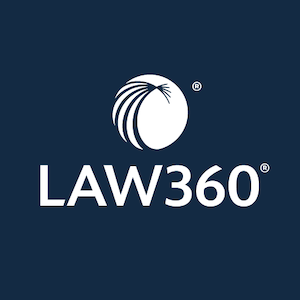Microsoft Enhances Security Copilot with AI Agents

Microsoft Introduces AI Agents in Security Copilot
Microsoft has recently announced significant advancements in its Security Copilot, integrating AI agents designed to enhance cybersecurity measures for businesses and organizations. This development is part of Microsoft’s continuous effort to leverage artificial intelligence to improve security protocols.
Enhancements to Security Copilot
Security Copilot incorporates advanced AI agents that assist security professionals in detecting and responding to potential threats. These AI-driven features aim to streamline the processes and provide more accurate insights into cybersecurity incidents.
Key Features of the AI Agents
Threat Detection: The AI agents are trained to identify unusual patterns and suspicious behaviors within the organization’s network. They monitor activities in real time to alert security teams about potential breaches.
Incident Response: Once a threat is detected, the AI agents assist in formulating a quick response strategy. They can suggest steps to mitigate risks and prevent potential damage to the organization’s data and infrastructure.
Learning and Adaptation: The agents continuously learn from new security incidents, evolving their understanding and responses over time. This adaptability ensures that they remain effective against emerging threats.
- Integration with Existing Security Measures: Security Copilot’s AI agents can seamlessly work with existing security tools and protocols, enhancing the overall effectiveness of an organization’s cybersecurity strategy.
Benefits of Using AI in Cybersecurity
The integration of AI into cybersecurity solutions like Security Copilot presents numerous benefits for organizations of all sizes:
Improved Efficiency
By automating routine tasks, AI agents allow security professionals to focus on more complex issues. This leads to a more efficient security operation, reducing response times and improving overall defense capabilities.
Enhanced Accuracy
AI agents are capable of analyzing large volumes of data quickly and effectively. They can detect anomalies that might go unnoticed by human analysts, which helps in minimizing false positives and ensuring that genuine threats are addressed swiftly.
Scalability
As organizations grow, so do their security needs. AI-driven solutions can easily scale to accommodate increased data loads and more sophisticated threats without requiring a proportional increase in manpower.
How Organizations Can Implement Microsoft Security Copilot
For organizations looking to enhance their cybersecurity infrastructure using Microsoft Security Copilot, the following steps can be taken:
Assessment: Evaluate the current security posture and identify areas that require improvement. This assessment will help determine how Security Copilot can be best utilized.
Integration: Work with IT teams to integrate Security Copilot into existing systems and workflows. Ensure that it complements current tools rather than replaces them.
Training: Provide training for security personnel on how to effectively use Security Copilot. Familiarity with the tools will enhance the response to potential incidents.
- Continuous Evaluation: Regularly review the effectiveness of Security Copilot and its AI agents. Stay updated with any new features or updates from Microsoft that can further strengthen security measures.
The Future of AI in Cybersecurity
As cyber threats become increasingly sophisticated, the role of AI in cybersecurity will continue to grow. Companies like Microsoft are at the forefront of this technological evolution, actively developing solutions that keep pace with the ever-changing threat landscape. As AI continues to mature, its applications in identifying, responding to, and preventing cybersecurity risks will only become more crucial. Organizations that embrace these advancements will be better equipped to protect their assets and maintain their reputation in an increasingly digital world.






